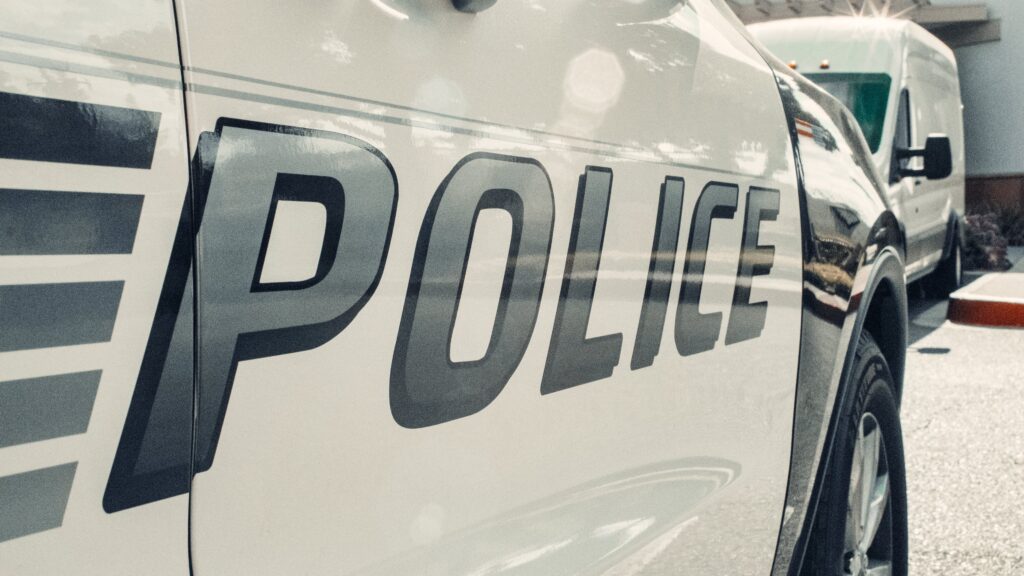"Justice consists not in being neutral between right and wrong, but in finding out the right and upholding it, wherever found, against the wrong."
- Theodore Roosevelt
Defenses to a DWI Charge in Texas
November 11, 2023

Driving While Intoxicated (DWI) in Texas is a severe offense. But an accusation doesn’t guarantee a conviction. Numerous defenses, tailored to the specifics of each case, can be considered. This article delves into some commonly raised defenses, emphasizing the medical and other related defenses that can influence DWI outcomes. Keep in mind, every case is unique; thus, the relevance of each defense may vary based on individual circumstances.
1. Challenging the Traffic Stop:
A defense can begin with the validity of the initial traffic stop. Law enforcement must have a legitimate reason (like a traffic violation or suspicion of a crime) to stop you. If not, evidence from the unconstitutional stop could be suppressed (Fourth Amendment rights). Read more here.
2. Questioning Field Sobriety Test Accuracy:
The reliability of Field Sobriety Tests is often debatable. External factors such as uneven roads, medical conditions, or nervousness can influence outcomes. The National Highway Traffic Safety Administration (NHTSA) provides guidelines for these tests, deviations from which can be contested. Read more here.
3. Challenging Breathalyzer or Blood Test Results:
From device calibration to the procedure of administration, the accuracy of Breathalyzer and blood tests can be disputed. Furthermore, how blood samples are handled, stored, or transported might offer grounds for challenges.
4. Motions to Suppress Statements:
Statements made without being informed of one’s Miranda rights could potentially be excluded from evidence.
5. Rising Blood Alcohol Concentration:
The argument here is that while one’s BAC might have been within the legal limit while driving, it increased afterward, only exceeding the limit at the time of testing.
6. Medical and Other Defenses:
Certain factors can produce high BAC readings or symptoms resembling intoxication:
Medications: Both over-the-counter and prescription medicines can impact BAC tests or mimic intoxication. For example, some cough syrups contain alcohol, and certain prescriptions, when mixed with alcohol, can heighten its effects. Comprehensive lists can be found at WebMD and Drugs.com.
Diets: Specific diets, such as the ketogenic diet, can produce acetone when the body is in ketosis. This acetone can sometimes be mistaken for alcohol by breathalyzers, as validated by studies on the National Institutes of Health. Furthermore, fasting or consuming a low-calorie diet can lead to low blood sugar, causing symptoms that resemble alcohol intoxication. More insights on this are available on WebMD on Hypoglycemia.
Medical Conditions: Conditions like GERD can result in mouth alcohol contamination, skewing breathalyzer readings. Low blood sugar or hypoglycemia can cause dizziness or poor coordination, symptoms often misattributed to intoxication. An in-depth look into hypoglycemia can be found at Mayo Clinic. Additionally, a rare condition called Auto-Brewery Syndrome, wherein the body produces alcohol, can lead to unwarranted DWI charges. More on this has been detailed by the National Institutes of Health and Mayo Clinic.
7. Witness Testimonies:
Witnesses who can vouch for your sobriety or provide an alternative version of events can be invaluable.
Conclusion:
While DWI charges are serious, the above defenses provide pathways to challenge accusations. However, remember that DWI defense is intricate, making the role of an experienced DWI lawyer indispensable.
A Word of Caution:
This guide offers a general overview and may not apply to every specific situation. Engaging with a legal professional to understand the nuances of your case is paramount.
Need Expertise on DWI Charges?
Searching for a reliable DWI defense lawyer? Our firm stands ready to offer top-tier legal representation. With our in-depth knowledge of DWI defenses, we’ll ensure you have the best chance at a fair outcome. Visit us at www.johngreentxlaw.com.